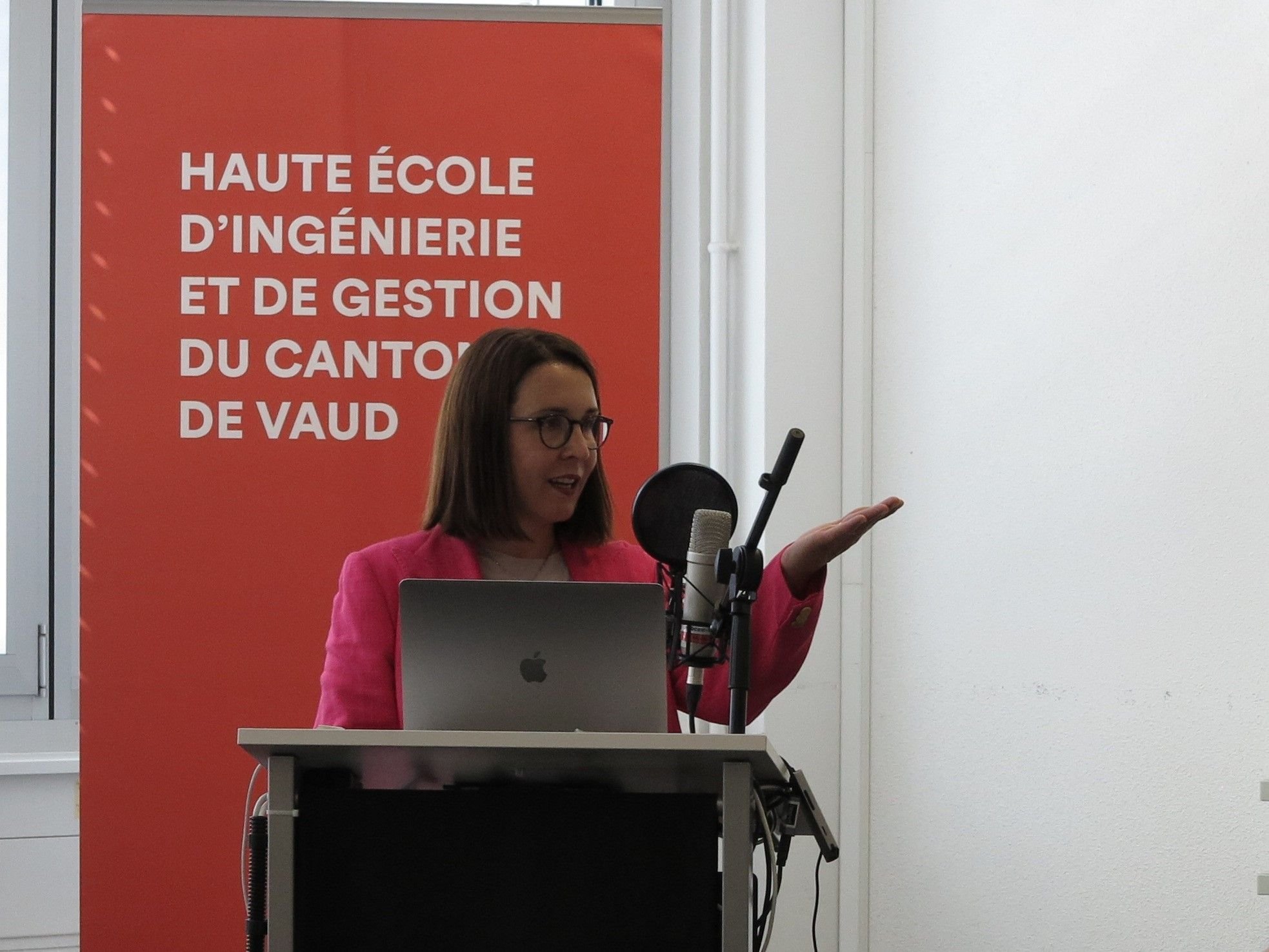In July 2022, a roundtable took place at HES-SO in Yverdon-les-Bains to learn about resilient responses during the Shanghai lockdown in 2022. It was supported by the HES-SO grant – Promdom 120096 awarded to Prof. Anna Lupina-Wegener and Dr. Güldem Karamustafa and co-organized with Dr. Philippe Roesle.
The purpose of the roundtable was to learn about resilient responses from the experiences of executives of Swiss and Chinese firms. Four executives shared their perspectives: Bruce Chen, VP International Division, Hengtong; David Wang, President of Asia Pacific, Bühler AG; Anthony Aho, CEO, PB&B SA; and Alain Graf, Senior Consultant Asia, Switzerland Global Enterprise.
The roundtable discussion, moderated by Dr. Philippe Roesle, sought to provide insights into the following questions: what are some of their resilient responses during the COVID-19 times? what were some of the lessons learned from the COVID-19 pandemic? what are some of the actions taken in moving forward?
The executives shared experiences from different types of firms – International Chinese and international Swiss, young and mature firms, and of different industries and different company sizes. The roundtable uncovered different responses to challenges caused by the pandemic. According to Mr. David Wang, the key factor to address lockdown challenges is to get early prepared. Bühler distinguished three key principles that followed during the COVID-19 pandemic: keeping their employees safe with necessary PPE, sustaining their manufacturing and production along with the supply chain, and effective communication to improve the clarity, transparency, and alignment among the value chain. Mr. Anthony Aho highlighted the importance of preparing the budget carefully for start-ups and the role of planning during the period of clinical trials, such as in case of PB&B. If any unexpected cost occurred, such as a delay caused by a pandemic, the budget could absorb the costs and would let to relaunch the trial later. Mr. Bruce Chen mentioned that Hengtong rescheduled its production, diversified suppliers, and the intensive efforts in transportation and logistics to maintain the production and supply of goods. He highlighted the importance of communication with the local government, as they reach out to them when any difficulties occur and share the challenges they encounter. Mr. Alain Graf mentioned the solutions sought among Swiss firms during the travel restrictions. He indicated, for example that some firms rebuilt stocks and some others redesigned the machines. The need for localization in China was also underlined by Mr. Graf.
During the pandemic, these international Chinese and Swiss companies learned valuable lessons. They became cautious about how to rationalize their supply chain, optimize their way of working with customers and build stronger local capabilities. Moreover, during the lockdown, they improved their lean management and highlight the centralized management mechanism as a good practice.




